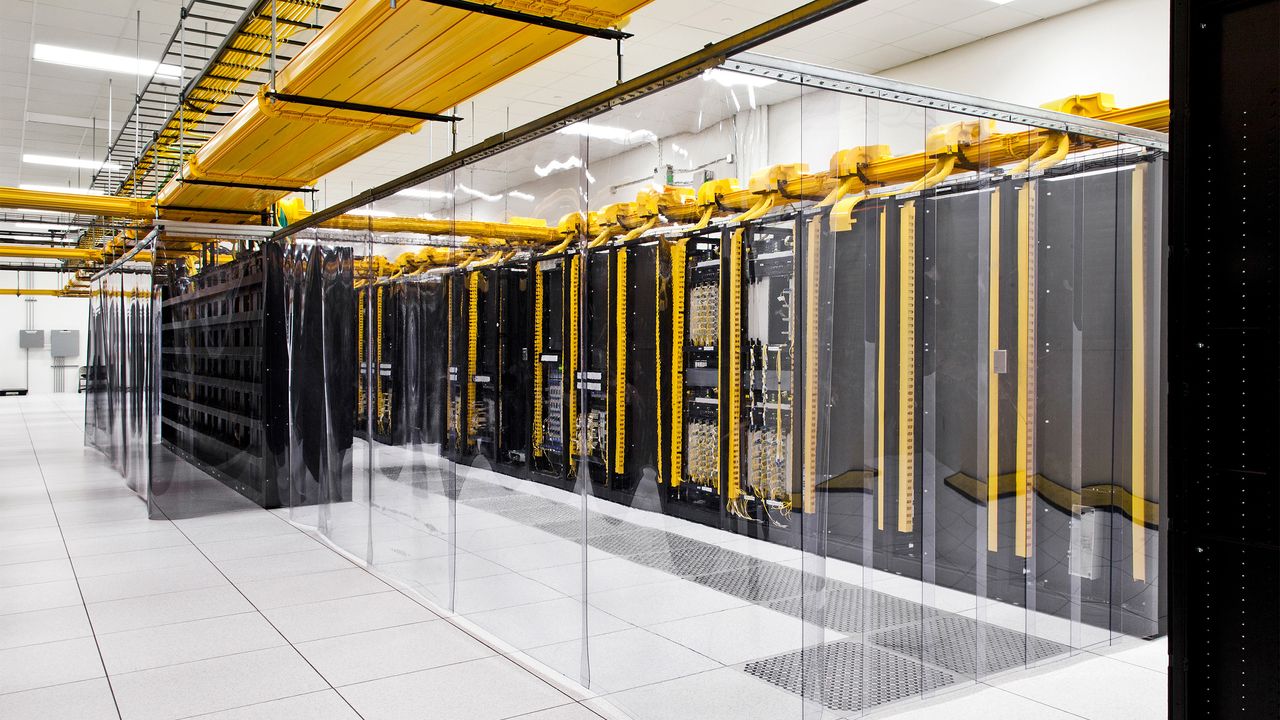Hyderabad: The Telangana Socio-Economic Outlook (SCO) 2025 report highlights an increasing trend of heat stress in the core city of Hyderabad during nighttime, particularly from March to August, compared to daytime temperatures. This rise is attributed to the urban heat island (UHI) effect, which causes the urban centre to be 1.9°C warmer at night than the surrounding peri-urban and outer city regions.
This situation raises concerns not only for climate conditions but also for public health, as hot nights hinder recovery from daytime heat, leading to extended physical stress. Interestingly, the report notes that during the day, the core of Hyderabad is 0.7°C cooler than the peri-urban areas.
The peri-urban region serves as a transitional zone between rural and core urban areas, while the outer city consists of less densely built-up areas that are almost adjacent to rural areas.
The SCO said that the state govt is banking on its Clean and Green Energy Policy 2025 to build cooler and greener cities. doctors suggest an interdisciplinary collaboration between builders, healthcare professionals, and community experts.
“Dark/tar roads, which we have across Hyderabad, radiate more heat at night because they absorb more radiation from the sun during the day and then release it as heat. This heat radiation at night contributes to the urban heat island effect. It can lead to disturbances in sleep and fatigue,” said Dr Dasari Anusha, senior consultant, of internal and functional medicine at AIG Hospital, told TOI.
Doctors also suggest that the UHI can lead to multiple health-related issues such as rampant heat exhaustion and strokes, cardiovascular stress, skin issues, and other ailments.
“As there is less green cover in multi-story buildings and high rises, the humidity level also decreases. It leads to more penetration of heat inside the structure. This can cause heat exhaustion and strokes, dehydration, cardiac and kidney impacts, especially in the elderly, children, and people with pre-existing health conditions. Prolonged heat exposure increases pro-inflammatory cytokines leading to immune dysfunction and chronic fatigue,” Dr Anusha explained.
Not just the physical stress UHI can also take a toll on mental health, according to doctors.
GFX
The report, ‘urban heat stress tracker-Hyderabad’, was published by the Centre for Science and Environment (CSE). The findings state that in April 2024, Hyderabad experienced temperatures around 1°C higher than the average of the previous decade.
The gap between daytime and night-time temperatures has dropped from an average of 13.2⁰ C in 2001-10 to 11.5⁰ C in 2014-23, about a 13% reduction in cooling.









